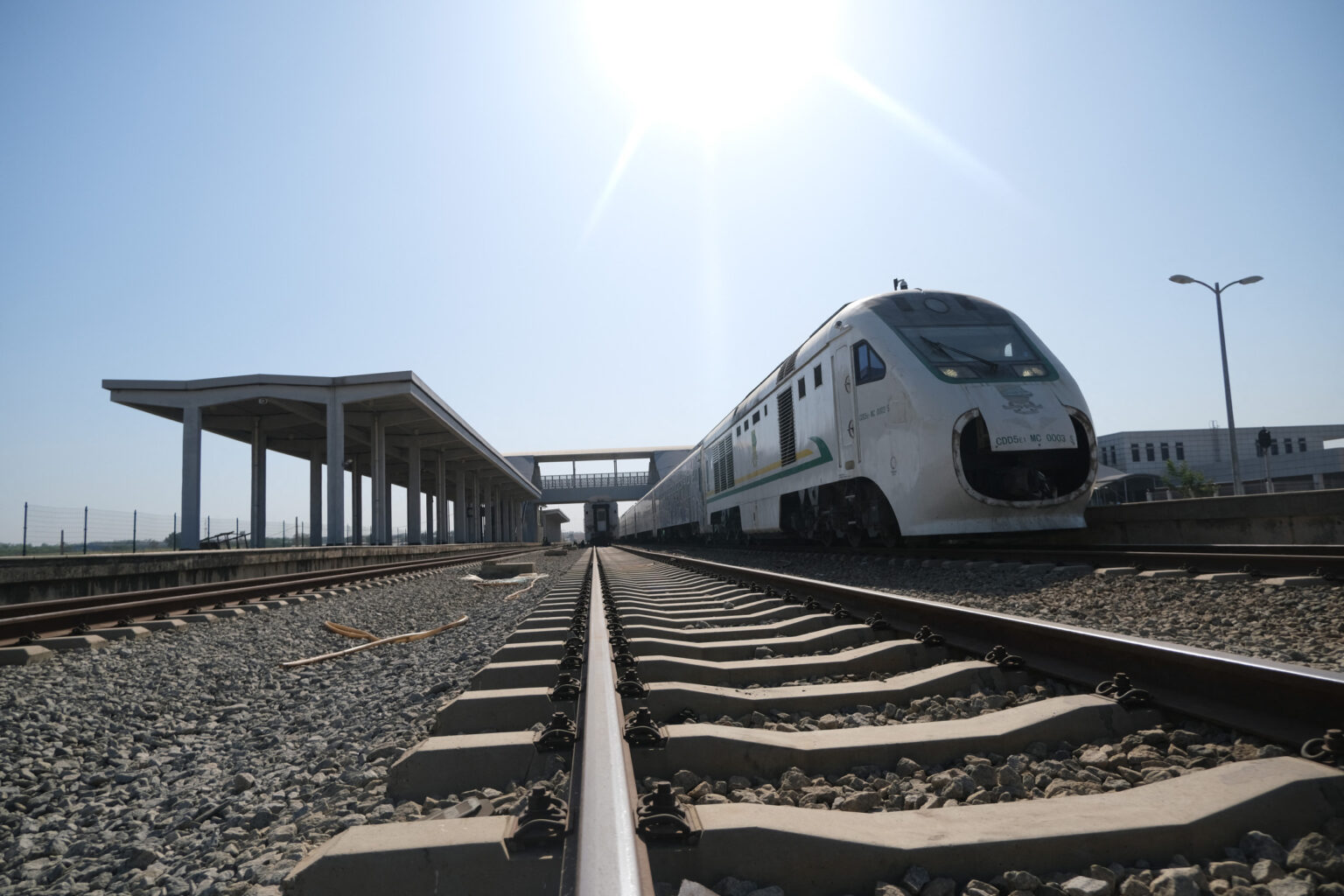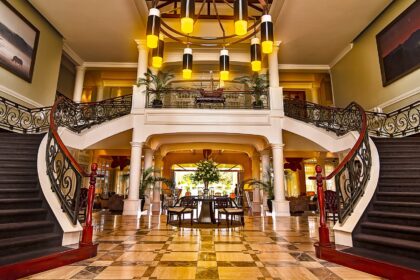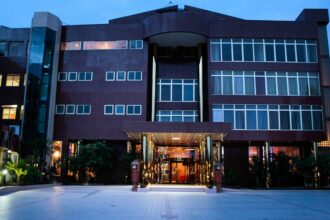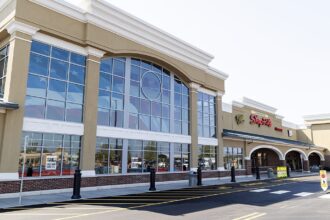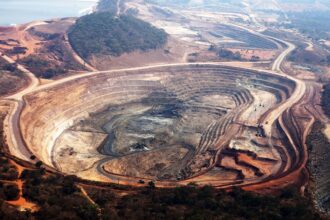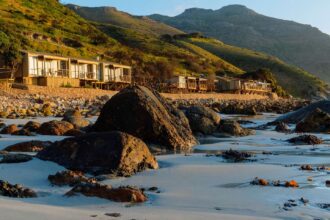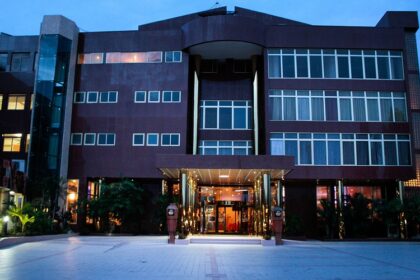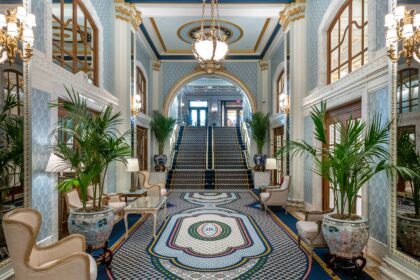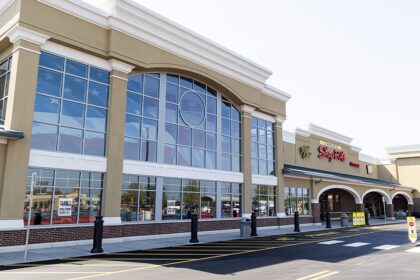At a Glance
- Japan commits $7 billion to the Africa rail corridor securing graphite, rutile supply.
- Nacala Corridor upgrade strengthens Asia–Africa mineral export route to Japan, China rivals.
- Sovereign Metals’ Malawi project gains critical infrastructure and government-backed financing.
Japan has committed $7 billion to upgrade the Nacala Logistics Corridor, a key African rail and port network that will support Sovereign Metals’ Kasiya rutile-graphite project in Malawi.
The move highlights Tokyo’s effort to lock in supplies of critical minerals such as graphite and titanium, which are vital for electric vehicle batteries and aerospace components.
Japan, like other industrial powers, is racing to secure stable supply chains as demand for clean energy technologies grows.
Strengthening Africa–Asia supply chains
The package will finance the refurbishment and expansion of the rail link stretching from Malawi’s Kasiya project through Zambia to Mozambique’s deep-water port of Nacala.
Once complete, the corridor will provide a low-cost export route for Sovereign’s rutile and graphite shipments to Asian buyers.
Sovereign already supplies rutile to Japan, positioning Malawi as a new entrant in the market for strategic minerals. The company also plans to build a six-kilometer spur to connect its processing plant directly to the corridor, ensuring faster and more reliable transport.
Financing details and government backing
Of the total, $5.5 billion will be delivered through the Enhanced Private Sector Assistance for Africa program, a joint initiative between Japan and the African Development Bank.
Another $1.5 billion will be provided through Japan’s international development agency to fund mining, logistics, and infrastructure projects across Africa.
“We will launch a new region-wide initiative in the Nacala Corridor to promote logistics and secure mineral resources,” Prime Minister Shigeru Ishiba said during the Tokyo International Conference on African Development held Aug. 20–22.
Investor reaction and global competition
Shares of Sovereign Metals were volatile in Sydney, closing flat at 66 Australian cents, giving the company a market value of A$427 million ($283 million). Investors remain focused on how quickly Japan’s support will translate into progress on the Kasiya project.
The deal adds weight to Japan’s rivalry with China in Africa’s minerals sector. It follows Toho Titanium’s certification in June that Kasiya’s rutile meets standards for high-performance titanium production—an endorsement that reinforced the project’s global potential.
A long-term minerals strategy
Sovereign Metals CEO Frank Eagar welcomed Japan’s support, saying the initiative provides “the highest level of government backing for the infrastructure underpinning our project economics.”
For Japan, the $7 billion commitment goes beyond infrastructure. It reflects a long-term bet on Africa’s role in powering clean energy technologies and advanced manufacturing, with Malawi emerging as a surprising but critical player in that supply chain.


